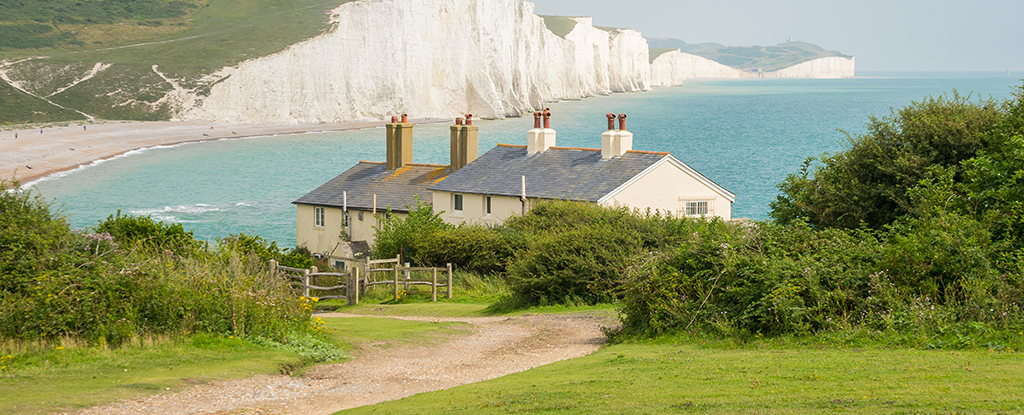
Research from Ohio State University suggests that living near the coast may significantly contribute to a longer lifespan. An analysis of census records from over 66,263 individuals revealed that those residing near oceanic bodies of water tend to live longer than their counterparts who dwell near inland lakes and rivers. The findings raise intriguing questions about the potential health benefits associated with coastal living.
The study, published in the journal Environmental Research, builds on previous research linking proximity to natural bodies of water—often referred to as “blue spaces”—to positive health outcomes. However, this research specifically examined the relationship between lifespan and coastal versus inland living conditions. Surprisingly, while coastal residents enjoyed an expected lifespan of over 79 years, those in urban areas near inland water sources were likely to pass away around 78 years.
Understanding the Factors at Play
According to Jianyong Wu, an environmental health scientist at Ohio State University, the reasons for the disparity in lifespan between coastal and inland residents may involve various factors. Coastal regions typically experience milder temperatures, improved air quality, and greater opportunities for outdoor recreation compared to urban inland areas. Furthermore, homes located near the ocean often carry higher price tags, suggesting that socioeconomic status may play a vital role in influencing health outcomes.
In contrast, the study highlighted a different dynamic for those living near inland waters. While rural residents near lakes or rivers typically enjoy increased life expectancy, this benefit is not as pronounced as that seen with coastal dwellers. Yanni Cao, an ecological geographer at Ohio State University, noted that urban living near inland bodies of water often comes with challenges such as pollution, poverty, limited access to safe recreational activities, and heightened flood risks.
The findings indicate that the advantages of blue spaces may be offset by urban disadvantages. As Wu explained, “We thought it was possible that any type of blue space would offer some beneficial effects, and we were surprised to find such a significant and clear difference between those who live near coastal waters and those who live near inland waters.”
Implications for Future Research
This study reinforces the idea that natural environments can enhance health and potentially extend life. Yet, it also highlights the complexity of factors that contribute to longevity. The researchers emphasize the need for further investigation into how different environmental conditions impact health outcomes and lifespan.
While this research provides valuable insights, it does not establish a direct cause-and-effect relationship. The association between coastal living and increased longevity warrants more extensive studies to understand the underlying mechanisms fully.
In summary, the association between coastal living and longer lifespans presents a compelling area for exploration. As global populations continue to grow and urbanize, understanding the interplay between environment and health becomes increasingly critical. This research serves as an important reminder of the potential benefits that natural surroundings can offer to overall well-being.







